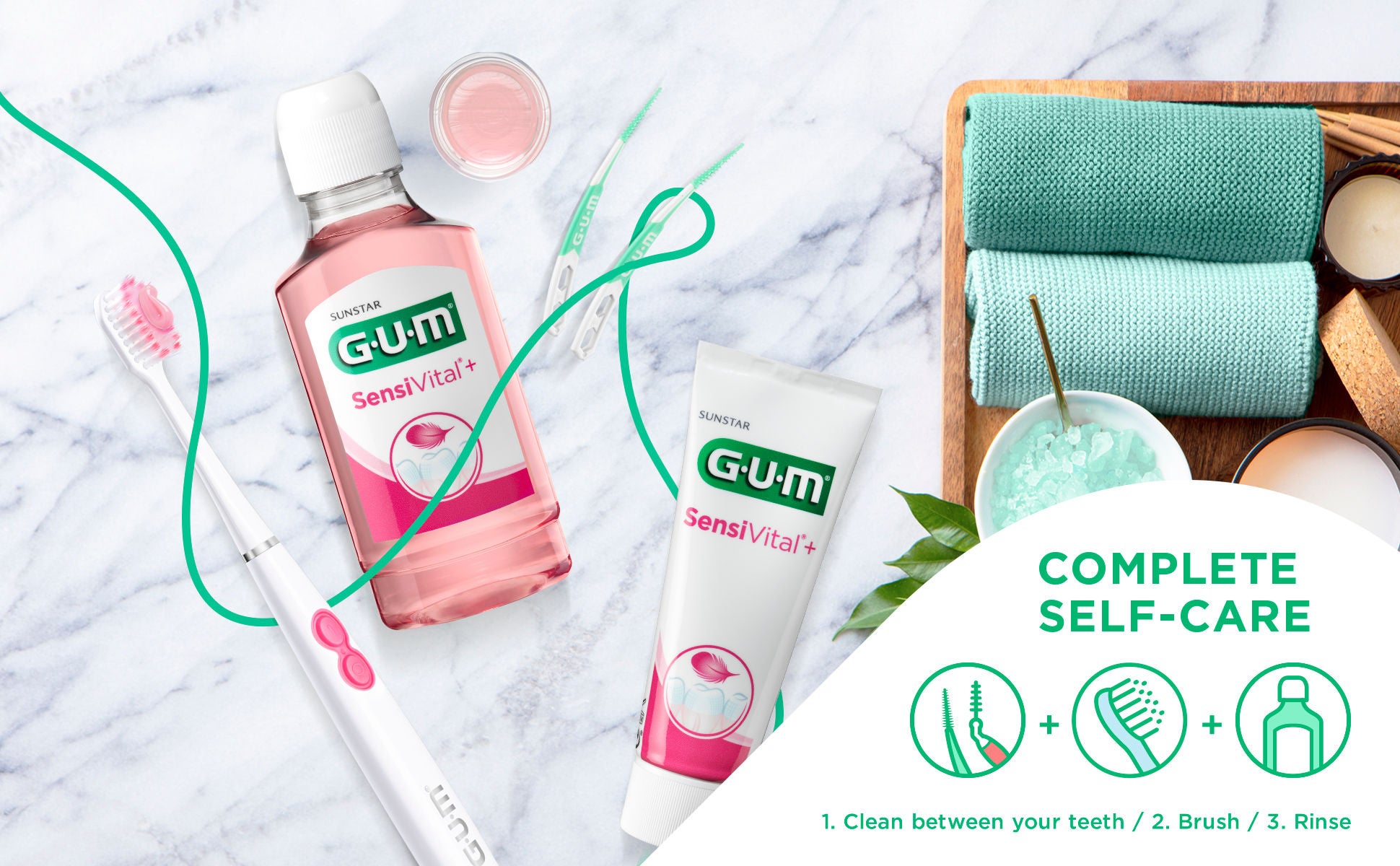
Does Gum Disease Go Away? How to Tell if Gingivitis is Healing
Gums: they’re not just there to hold your teeth in place. They play a crucial role in helping protect your mouth and body!
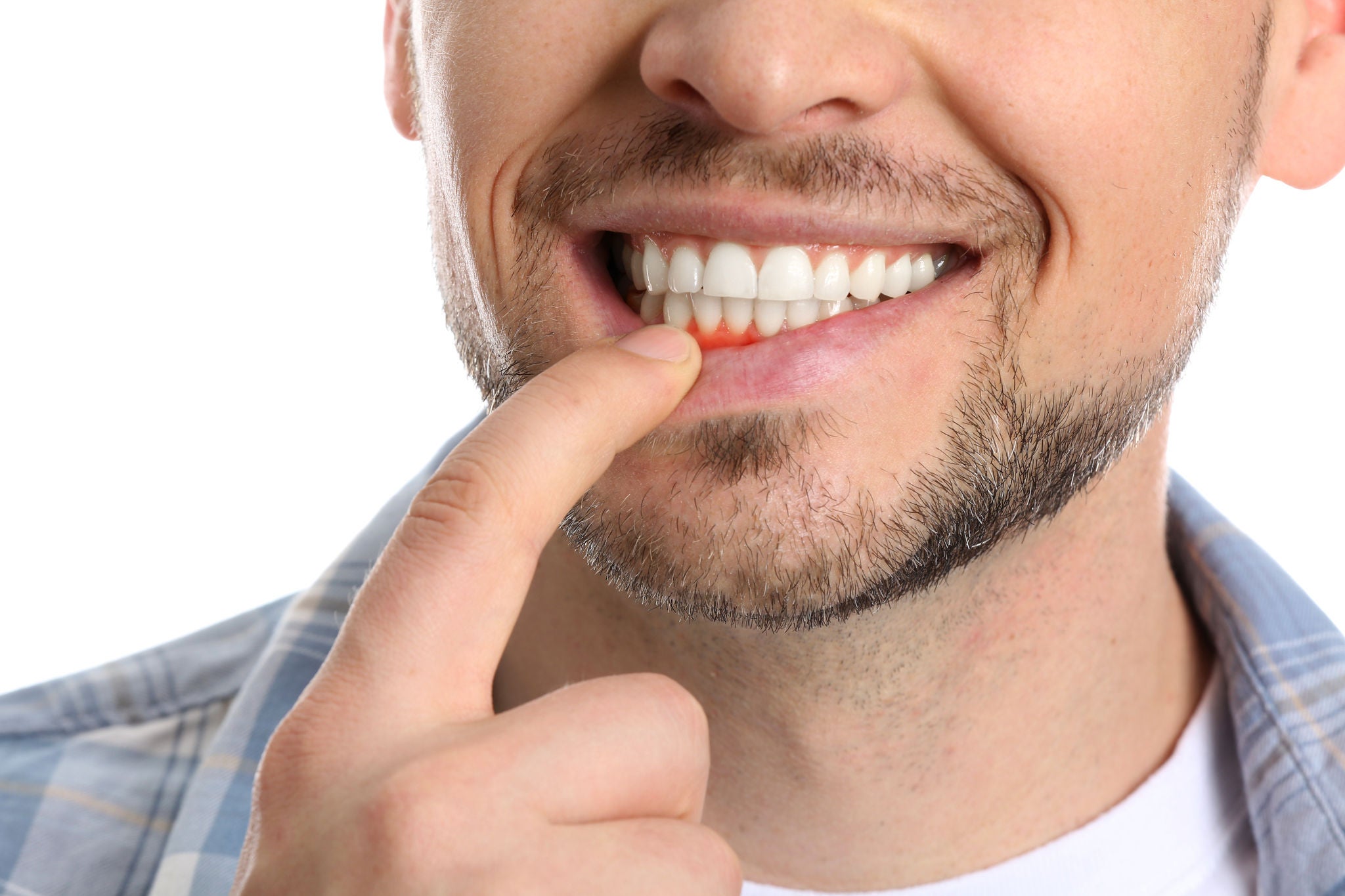
When healthy, these delicate mucosal tissues form a seal around the base of your teeth that prevents bacteria from infecting underlying tissues and entering the bloodstream. Since the mouth is a primary entry point for bacteria, your gums are among your body’s greatest defenses in the fight against illness and disease.
Learning how to detect, treat, and prevent gingivitis will help you keep your teeth – and your whole body – healthy.
What is gingivitis
Gingivitis is the early stage of gum disease, a condition that weakens your gums and reduces your body’s protection against harmful bacteria.
When left untreated, gingivitis can progress to periodontitis, a condition that causes serious and permanent damage to the tissues that support your teeth. Periodontitis has been linked to conditions such as diabetes, Alzheimer’s, rheumatoid arthritis, and cardiovascular disease. Treatment for this stage of gum disease requires a special professional intervention.
That’s why it’s important to catch gingivitis early. While gingivitis is cause for concern, it is a widespread condition that affects up to 90% of the world’s adult population at some point in their lives. The good thing is: it’s still reversible.
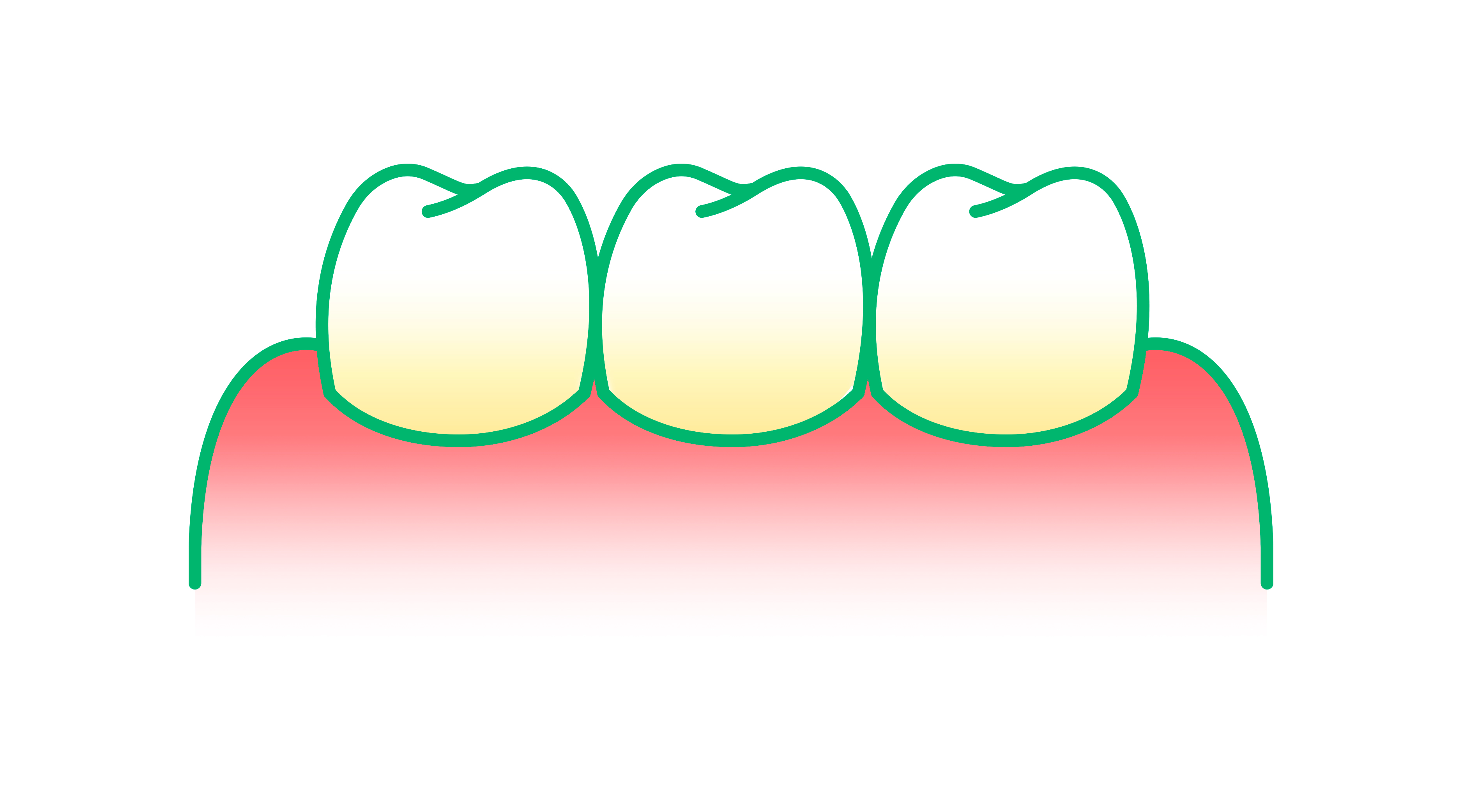
The inflammatory response
Gingivitis is an inflammatory disease of the gums.
Inflammation is the body’s natural response to injury. Think back to the last time you bruised yourself or twisted an ankle. The same mechanism that causes heat and swelling at the point of injury is what causes your gums to become puffy and tender at the onset of gingivitis.
Inflammation is a healthy, normal part of the healing process, but only in the short term. When inflammation continues without improvement, it is considered chronic and can trigger a dangerous immune response that further damages the tissues in need of repair.
Causes of gingivitis
What sparks an inflammatory response in the gums? It primarily comes down to plaque.
Plaque is that sticky film of bacteria that forms on the surface of teeth. Especially when plaque builds up around and under your gumline, it triggers the inflammatory response known as gingivitis. It’s just your body’s natural way of responding to intruders, in this case bacteria in the plaque.
In addition to plaque, there are a few other lifestyle and life circumstance factors that can increase your risk of developing gingivitis, such as smoking, stress, pregnancy, systemic conditions such as diabetes, and certain medications.
Gingivitis treatment
Consistently removing plaque is key to treating (and preventing!) gingivitis.
- Brush properly, at least twice a day for two minutes. Use a toothbrush with soft bristles to avoid further irritating already sensitive gums, and make sure you adopt the right technique.


- Use bacteria-fighting toothpaste and mouthwash. These specially formulated dental care products are designed to aid in fighting plaque-causing bacteria while removing existing buildup.
- Clean between your teeth as needed and at least once a day during your normal oral care routine. Flossing may cause additional damage if done improperly, so consider using easier-to-use interdental cleaning products like brushes or picks, if interdental space permits their passage.
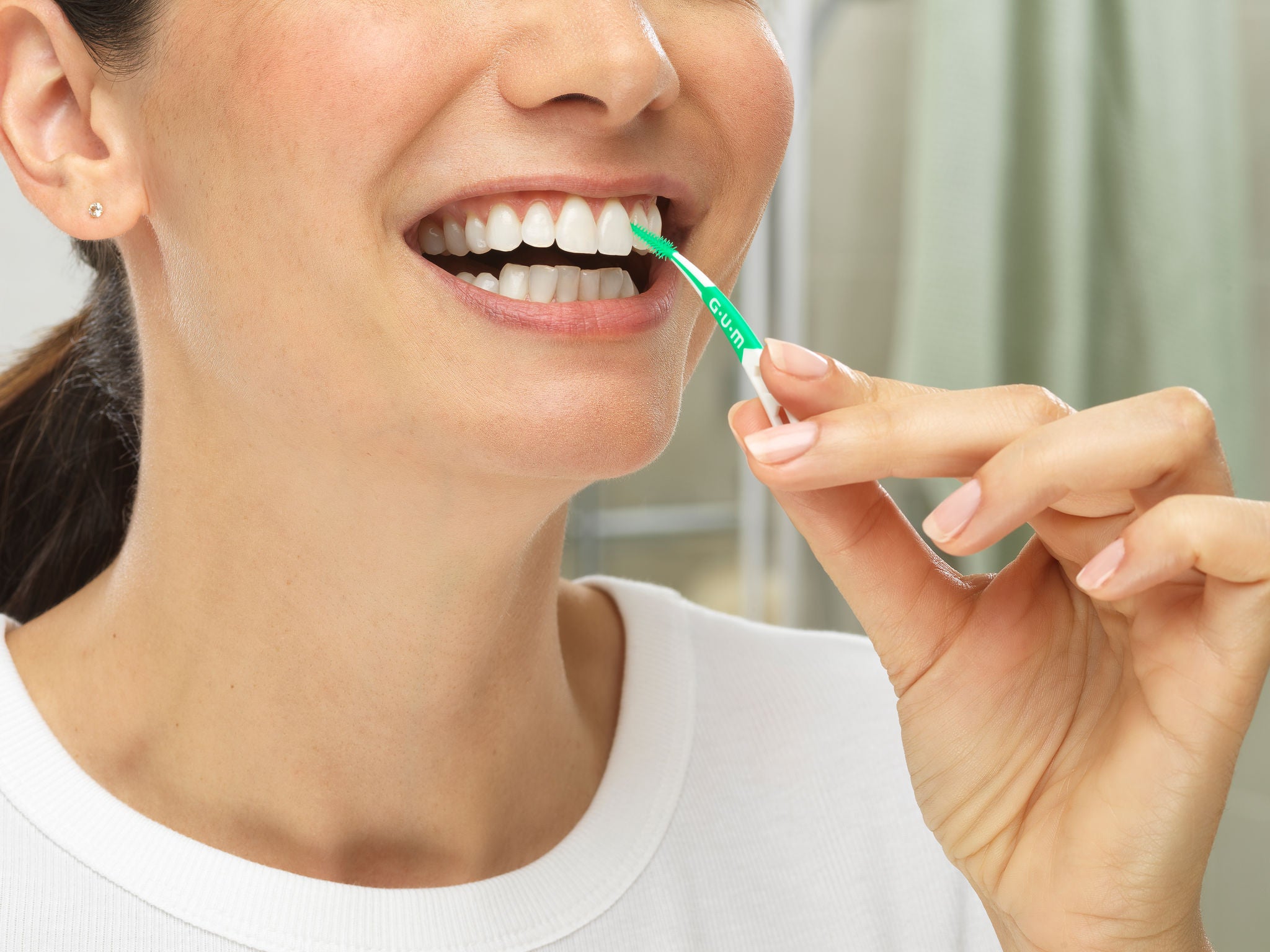
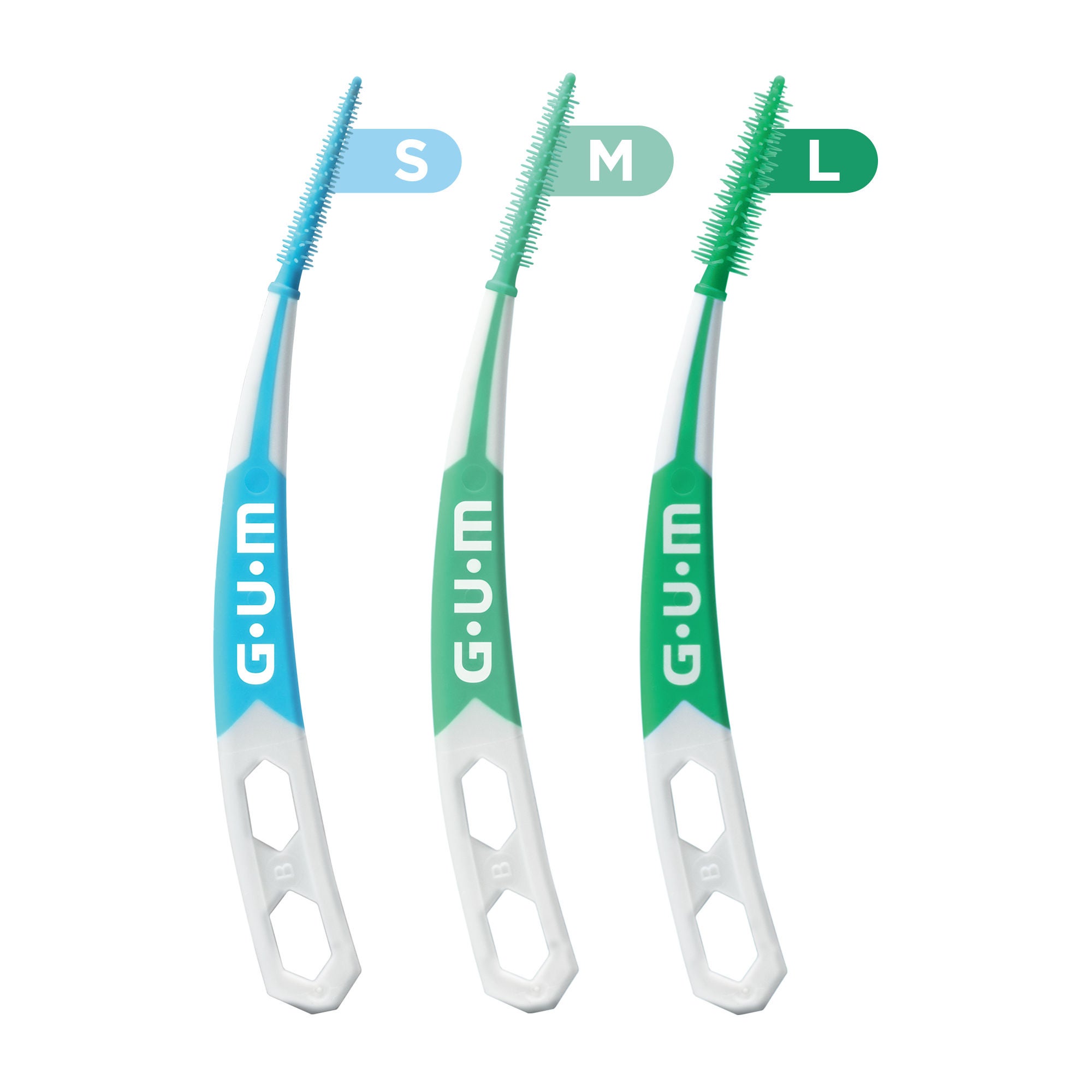
How long does gingivitis last? The healing process
The question remains: how long does gingivitis last?
Left untreated, gingivitis can linger and eventually progress to periodontitis.
Gingivitis heals with the disappearance of plaque build-up, so healing time depends on the thoroughness and consistency of your brushing.
Signs that your gingivitis is healing include:
- No more swelling of the gums
- Gums are a healthier orange-peel like texture, pink color
- Gums no longer bleed while brushing or flossing
For gingivitis, prevention is the best medicine
The easiest road to whole-body health, which includes your oral health, is regular preventative maintenance. This includes making healthy choices about the foods you consume and how much effort you put into your oral care.
- Limit intake of sugary food and drinks
- Talk to your doctor or pharmacist to find out if any of your medications put you at increased risk of developing gingivitis.
- Address other lifestyle changes that can lower your risk, such as quitting smoking and practicing physical activity .
- Address other pathologies like diabetes and obesity both also linked to diet
Most importantly, follow a daily oral care routine that includes twice-daily brushing and interdental cleaning.
With proper care, you can heal from gingivitis.
